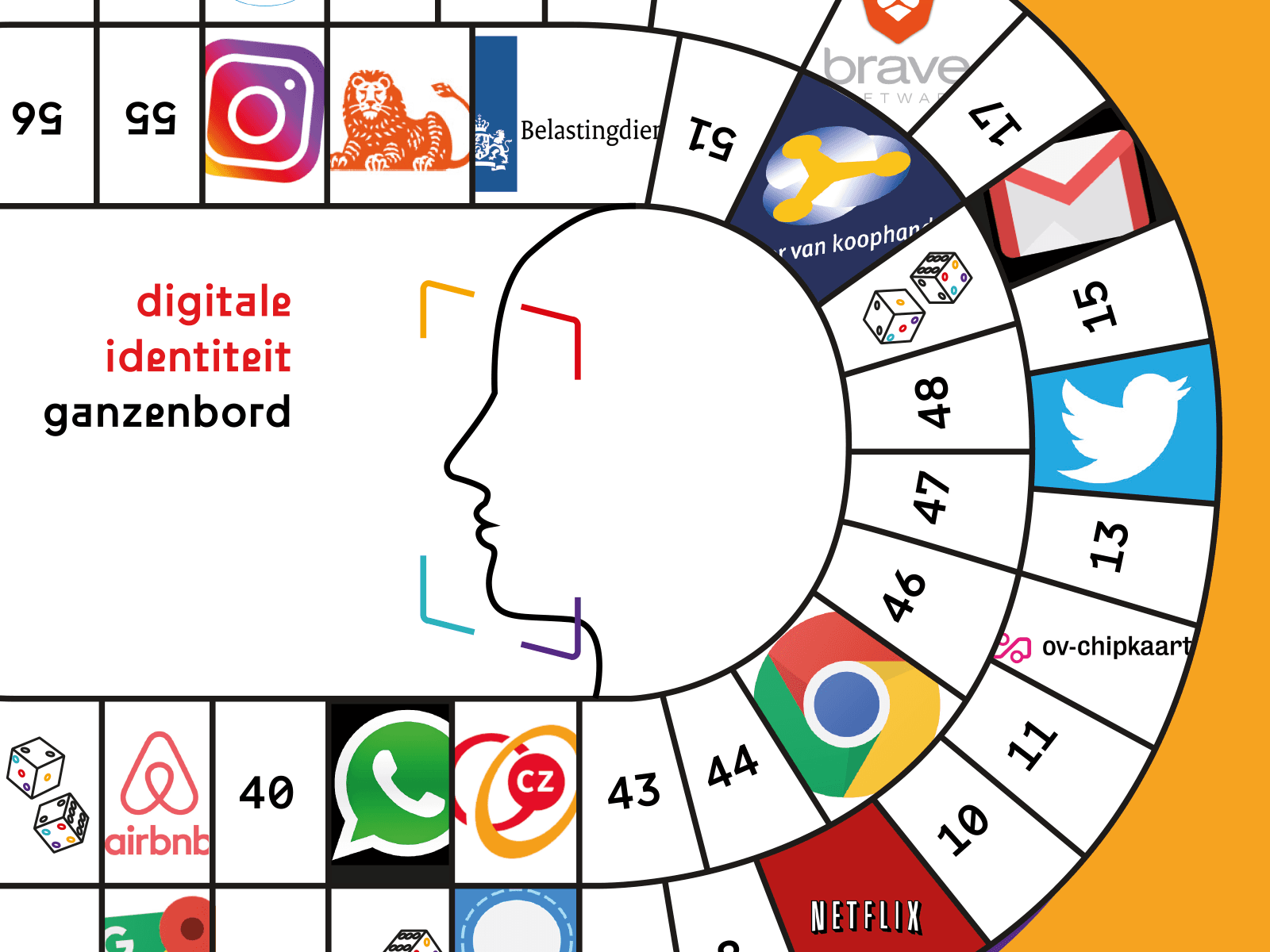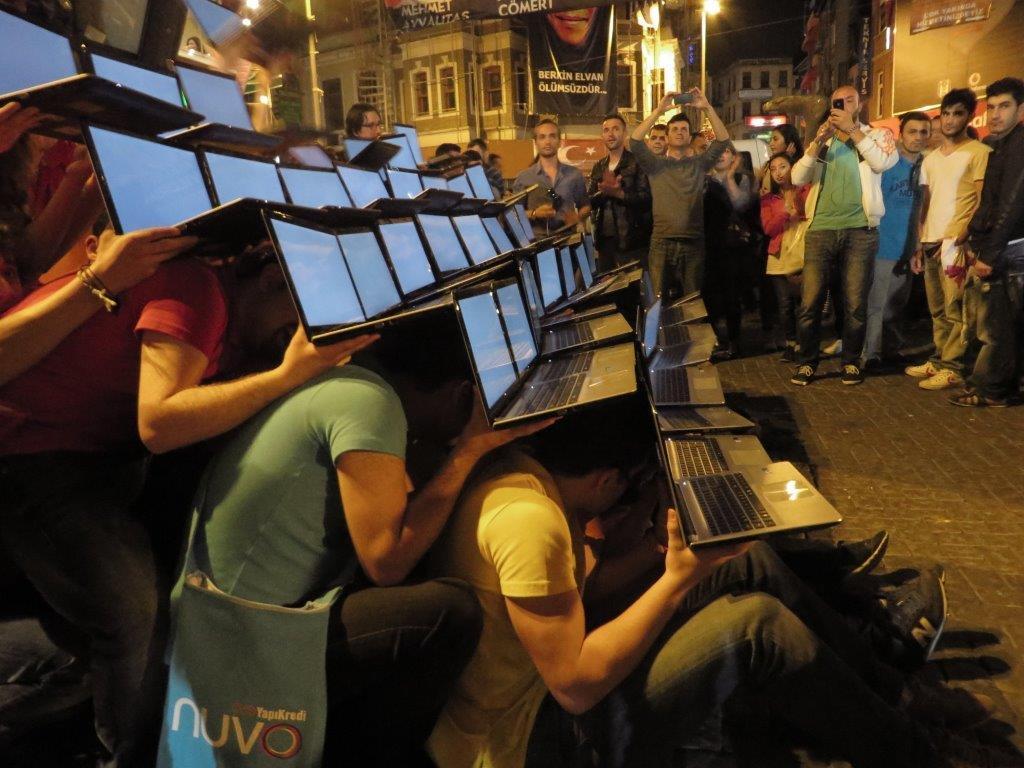On the 29th of March, I found myself sitting at a big data conference ambitiously named "Beyond Data" in the slightly old fashioned hall of the Van Der Valk Hotel in Eindhoven. A glance at the event website informs us about the challenging, scaring but also enchanting talks that will be taking place, what a program.
The keynotes kicked off with Amen Ra Mashariki who eloquently praised the possibilities big data is offering in the management and the prevention of catastrophes in the city he used to work for, New York. The work accomplished by Amen (along with a big team, I am sure) is objectively impressive. But I couldn’t help myself from rolling my eyes when I heard Eindhoven authorities claiming they are striving for the same. Neither Eindhoven or Amsterdam have the same needs, issues and resources of a gigantic entity like New York city and it seems absurd to pretend the opposite. While Amen and Andrew Therriault, who works for the city of Boston, both stressed several times the importance of giving space for citizens and communities in order to insure an efficient use of big data, some bits of overstatement found their way into the conversation. When asking what could be the consequences of big data failure, Amen answered with no hesitation, "9/11". It feels like a tiny bit of oversimplification than categorizing the attacks of 9/11 as a failure of data with seemingly leaving out years of aggressive, invasive and paternalistic U.S foreign policies, but who knows...
In the wake of the (not so new) scandal of Cambridge Analytica, I was expecting some mentions of privacy issues but instead, it appeared that the majority of the speakers cautiously avoided any reference to Facebook, except Fred Gerritse, who did certainly not shy away. I twitched several times during his speech while he presented his marvelous product, the Reality Index and mentioned Google and Facebook as desirable examples. The Reality Index by HERE was described in a purportedly impressive video as "the digital representation of the world that tells us what happens, where and when in the moment". In the futuristic autonomous world the Reality Index is supposed to create, we can just sit back, relax and enjoy the ride of life while the big boys at HERE are taking charge.
My apologies for the gendered language but one thing I learned during the conference is that data is apparently a man's world. It was humorously raised by the moderators that, in regards to the great majority of male speakers, diversity was virtually absent. Supposedly humorously too, the speaker presenting the interesting Positive Health! project initiated his talk mentioning his amazement and surprise when he heard his wife talking about data for the first time and carried on with apologizing for not having any picture of her, thus we will have to trust his words. Well dear gentleman, if you want me to, I can send you pictures of dozens of women I got to know during my short life who not only are interested but also recognized as experts in questions related to big data. Watch out because some of them might even wear high heels.
From a talk aduling the autonomous cars to one celebrating big data making people happy in Den Bosch, both speakers had the merit to deliver speeches with such passion that it almost felt like we did not already hear this 10 years ago. The most interesting part of my day was co-managed by my colleagues from Waag and the Kadaster. Waag team talked about the attractive European project DECODE which aims at building tools putting the citizens in control of their data while respecting an open source framework. Then, Kadaster presented their Sensor Register which will build a record of the sensors hidden everywhere in the public space. Kadaster wishes answering to necessary interrogations regarding the various owners and purposes of those sensors. I am, by no means, claiming those two projects are perfect, but I am confident saying that those were the two that made the most sense since it was one of the rare moment during the talks and debates when we finally stopped hearing about smart cities but about citizens instead.
I have hesitated to mention the last speech since I could not bare to stay until the end. But what I can say to give you a sense of Chris Dancy is that he started his speech showing a Google page giving him, Mr. Chris Dancy, as the first result of the query "the most connected men in the world". I think that’s enough.
To conclude, Beyond Data conference resembled more of a shop window for politicians and brands (three of the keynotes were given on the behalf of three private parties sponsoring the event namely, HERE, ESRi and Vodafone) than an attempt to answer to the concerns and interests the public was manifesting. It even seemed like the more the day was progressing, the less the public was taking seriously what was happening on the big stage consequently filling the chat room, purposed for the public to ask questions, with jokes and curses. Beyond Data, even though occurring in a highly sensitive climate in respect to online privacy, globally failed to address the issue. The organisation barely used the opportunity to expose the many voices concerned with offering alternatives to citizens online, as does DECODE, and confined itself to present big data as nothing else than a human-made miracle.


